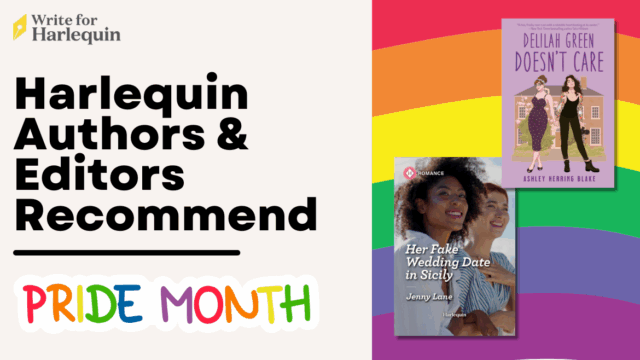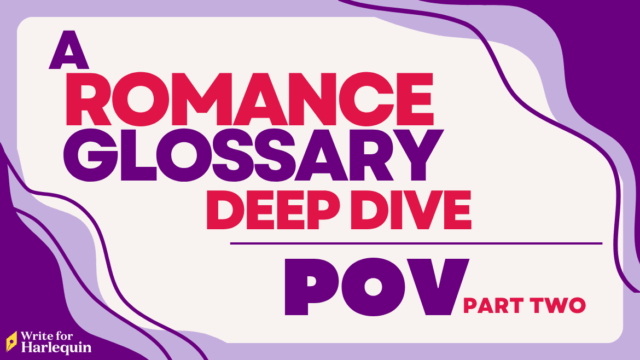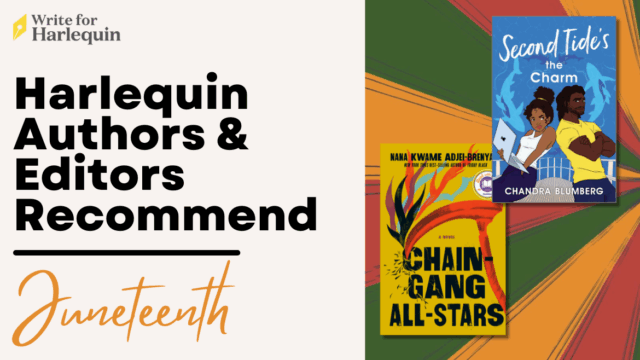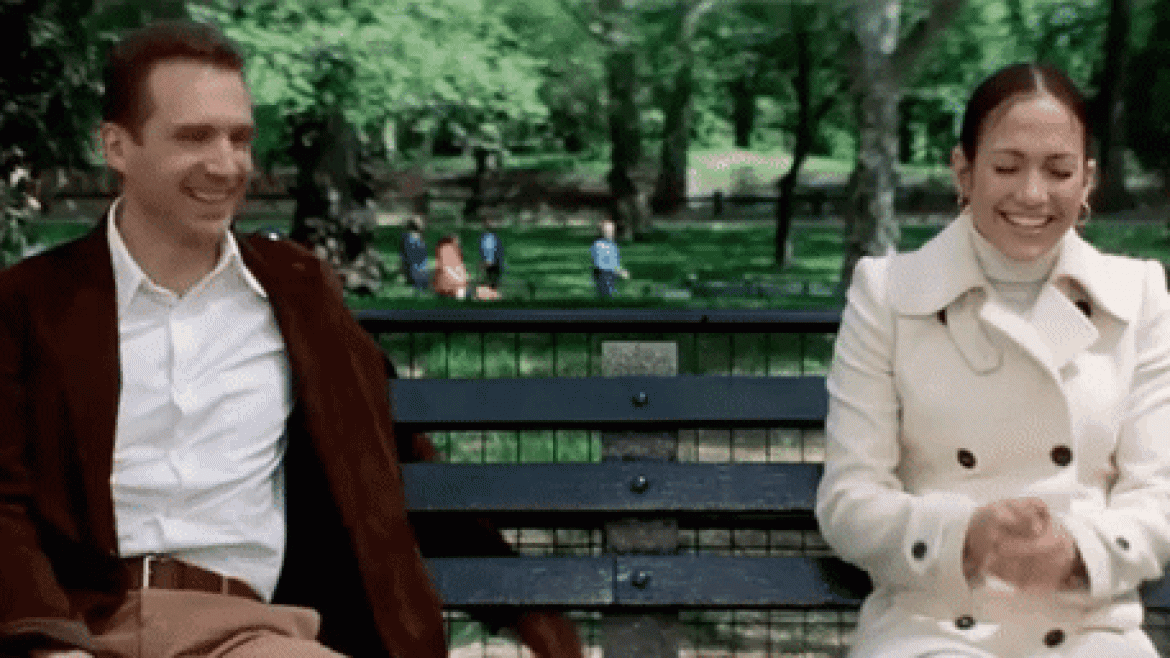
By Liz Fielding
Do you want to write books that will make people laugh and cry? With romantic comedies getting renewed love in books and movies this past year, this fabulous 2011 blog post by award-winning Harlequin Romance author Liz Fielding is essential reading!

Have any of you watched the television programme Myth Busters? They take urban myths and test them to destruction. Well, I’m here as myth buster.
My job is to bust the all-pervading myth that humour and Harlequin are mutually exclusive. Incompatible. In twenty years I’ve written sixty books and even in the darkest of them, I believe, I hope that I was able to raise a smile in the reader.
We are not stand-up comics but…
A smile, not a belly laugh. I don’t write jokes and I don’t do slapstick, but humour is part of our everyday lives and I want it to be part of my characters’ lives, too. There is nothing sexier than a man with a sense of humour. Nothing more charming than a girl who knows how to laugh at herself. And I want them to be able to laugh even when they’re crying, because that’s what real people do. Humour in romance is an extra layer that can lift a dark moment, give depth to a scene. You have:
1.) What is being said – funny.
2.) What is being felt – emotional.
And that’s what humour will bring to your stories. The potent mix of laughter and tears that we’re all familiar with.
Think about what makes you laugh
What makes us laugh, what makes us cry, is deeply personal. It is who we are and can never be forced. It only works as part of our unconscious writing voice, something that comes naturally. Humour isn’t one big laugh dumped into the middle of a scene but is tickled in along with the emotion. Interwoven with character. It’s about stuff that the reader instantly gets, that will evoke an involuntary response, whether laughter or tears.
We’re in the “emotion” business and it’s the smile of recognition from the reader that will heighten the emotion.
Use your own real life experiences
Search your memory for an occasion when, one moment you’ve been laughing, on top of the world celebrating some achievement with family, friends and then, without warning, there’s a prickle behind your eyelids.
Those moments, those memories, are part of your writing arsenal. Use them!
It’s a funny situation
So how do you get that kind of humour on the page? You’ve all heard the term “situation comedy,” well, it helps if you start by putting your heroine in a situation with comic potential.
For example:
– The hero who pretends to be cooking a fabulous meal for a glamorous blonde—but with a cook hiding out in the kitchen doing all the work.
– The heroine who, while working as a cleaner, is writing a diary column for Milady magazine as Lady Gabriella March. The heroine who opens the door in her scrubbing-the-floor clothes to be confronted by the hero—and casually tosses her Marigolds over her shoulder in an attempt to look a little less of a fright.
Start with the situation and you can generally leave your characters to supply the laughter but while you can have emotion without humour, never forget that in romance, you cannot have humour without emotion.
It’s all a bit emotional
As human beings, we’re bombarded with emotions. They are the most simple and complex of feelings. They colour the way we see the world. They drive our actions for good or ill. They provoke tenderness or violence. Fight or flight.
They are simple because they are instinctive, intuitive, and straight from the gut. You do not think, rationalise your reactions. You are overpowered, swept up by something raw, atavistic, beyond your control. True emotion is without artifice, deceit. It is honest.
Emotion is what makes us human and as a writer, your history will give you the tools you need to write. Those moments that stay with you. Incidents—often small in themselves—that leave a lingering sense of outrage or pleasure. Of excitement, helplessness, betrayal, injustice, embarrassment. That lodge in the mind and years later and surface without warning, the feelings so vivid that you can still feel the hot blush.
Make your reader feel
Romantic fiction is character led and what brings readers back to our books time and time again is not the frame, the situation we have created to give our heroes and our heroines a hard time. They come back for the emotion and the laughter generated by the conflicts, problems, heartaches that we toss in their path like so many hand grenades.
Our reader wants to experience what the heroine is feeling. The excitement, the raised heart rate, the pounding pulse. An attraction that is all the more exciting, compelling, because she believes that it must be resisted.
The roller-coaster emotional thrill is what she demands in return for her trust in choosing your book out of the dozens laid out before her in the shop, the library, or on the internet. That’s the promise you have to deliver on.
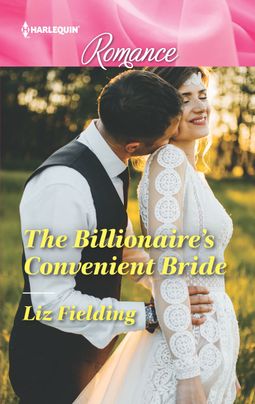
She wants to experience that moment of attraction. The internal battle. The high and lows. To have her withers wrung by a black moment so dark that even when the heroine is proudly holding back her tears, they are running down her own cheeks and dripping onto the page.
Ask yourself how you can make your scene funnier, sexier, more emotional. Because emotion is the key.
If you can make a reader feel, you can make her smile. And if you can make her smile, you can make her cry.
© Liz Fielding 2011
Check out Liz Fielding’s latest book from Harlequin Romance, The Billionaire’s Convenient Bride, available now on Harlequin.com!


